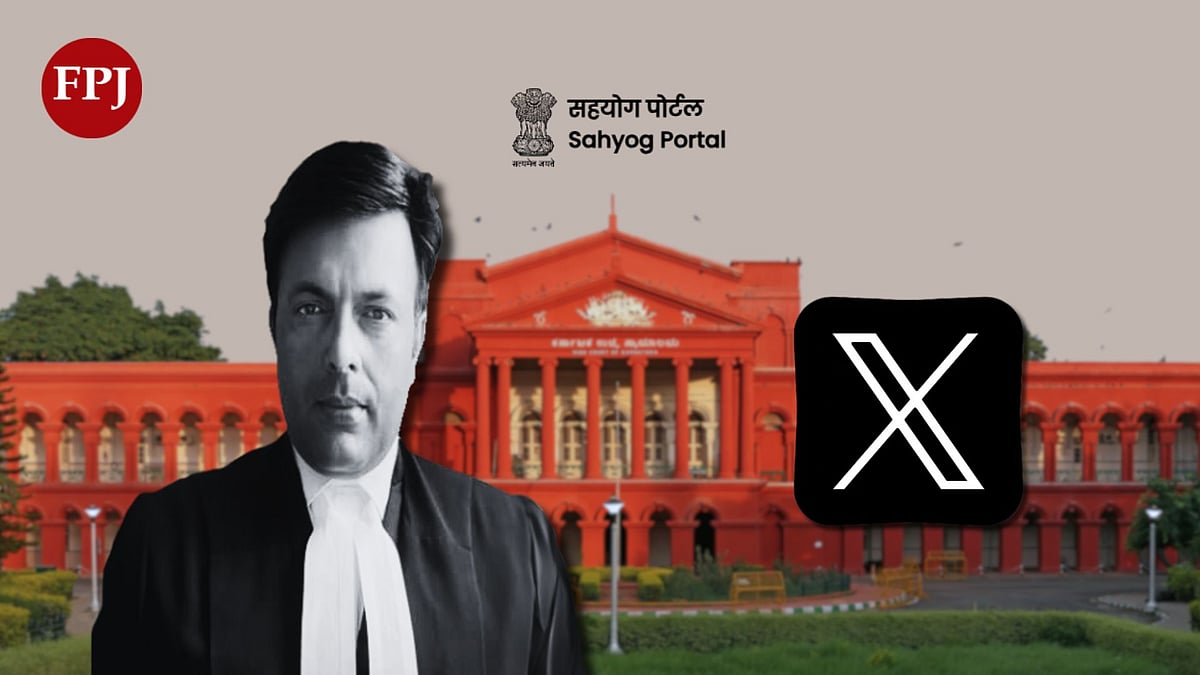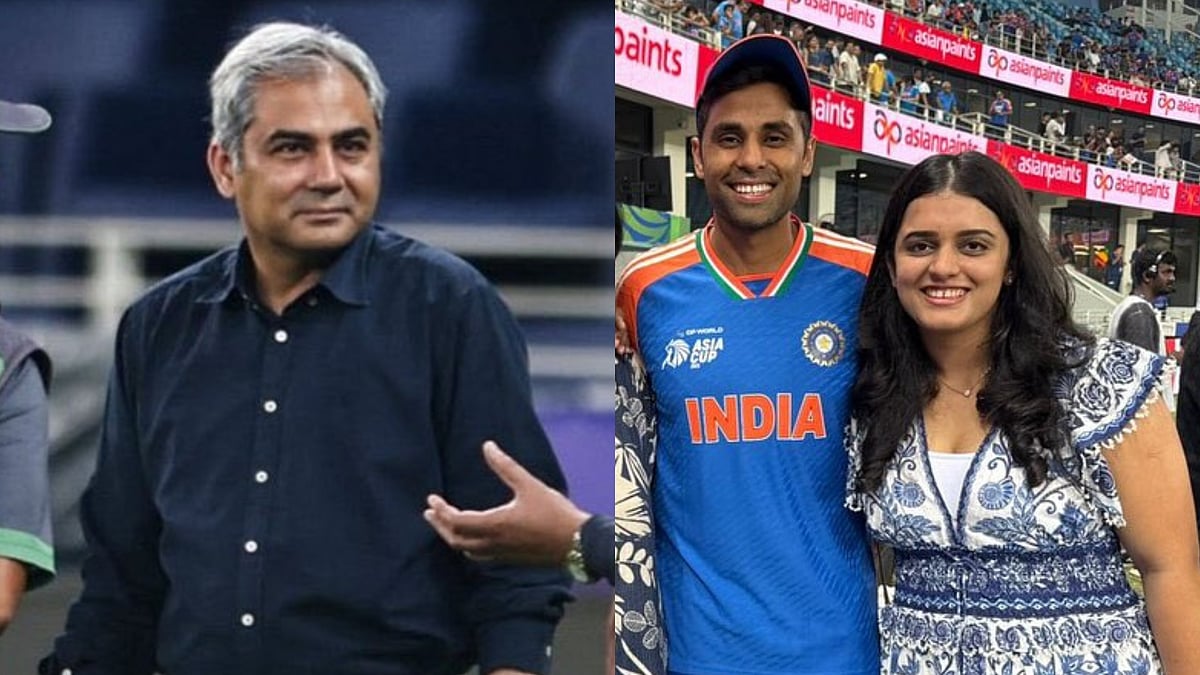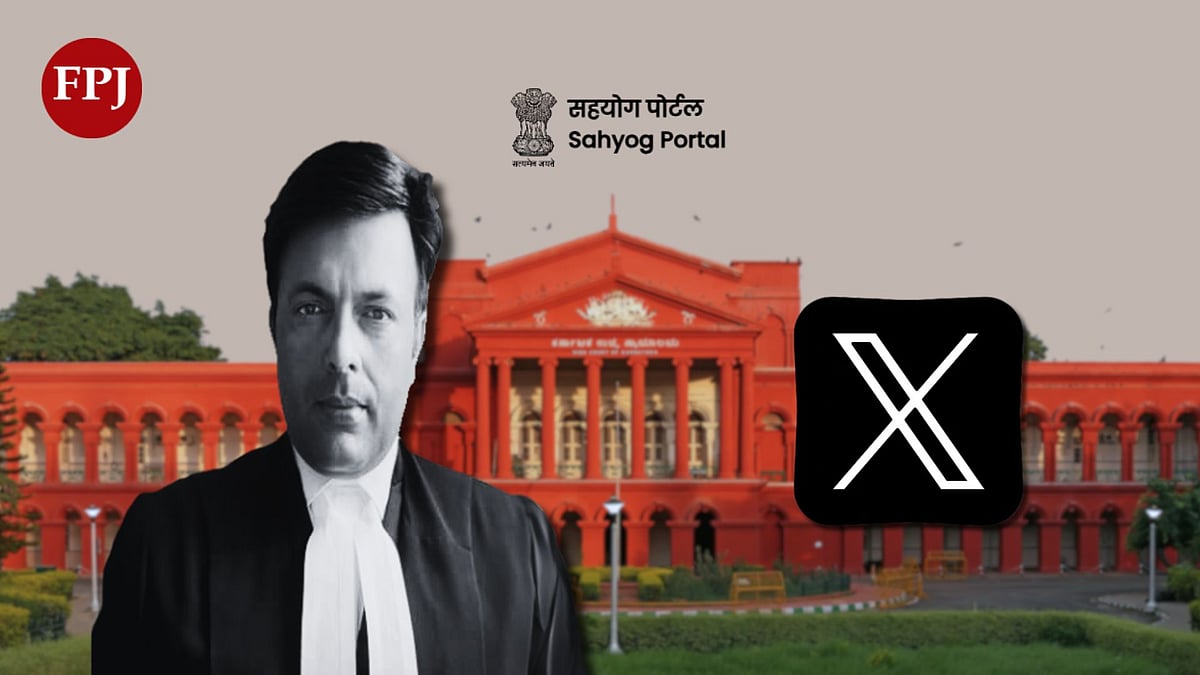Bengaluru: The Karnataka High Court dismissed X Corp's petition against the government's Sahyog Portal, ruling that the company, being foreign, cannot claim fundamental rights under Article 19.
But X argued that the judgment has far-reaching consequences for free speech in India, insisting the order undermines the very constitutional protections meant for Indian citizens, while granting sweeping censorship powers to the government and police without judicial oversight.
Here's what X Corp said:
X released an official statement on its platform on Monday, September 29 (India date), saying that it is "deeply concerned" that the Sahyog system hands "millions of police officers" the ability to demand arbitrary takedowns of online content, with no requirement for transparency or judicial review. The company said that this short-circuits the due process, undermines constitutional guarantees, and exposes platforms to severe criminal penalties for resisting unlawful orders.
Challenging the orders issued by the Central and State authorities under Section 79 of IT Act, X argued that Sahyog has no statutory basis, bypasses the safeguards of Section 69A of the IT Act and contradicts Supreme Court rulings (Shreya Singhal vs Union of India, 2015), which required blocking to be narrowly tailored and proportionate. The Elon Musk-owned platform also accused the Karnataka HC of dismissing these constitutional issues purely on the technicality that X is incorporated abroad, while ignoring the impact on its Indian users' rights.
Have a look at their entire statement here:
What is the Sahyog Portal?
The Sahyog portal was developed by the Government of India to automate the process of issuing notices to online intermediaries. The government described it as an instrument to strengthen cyber safety and prevent unlawful activity online.
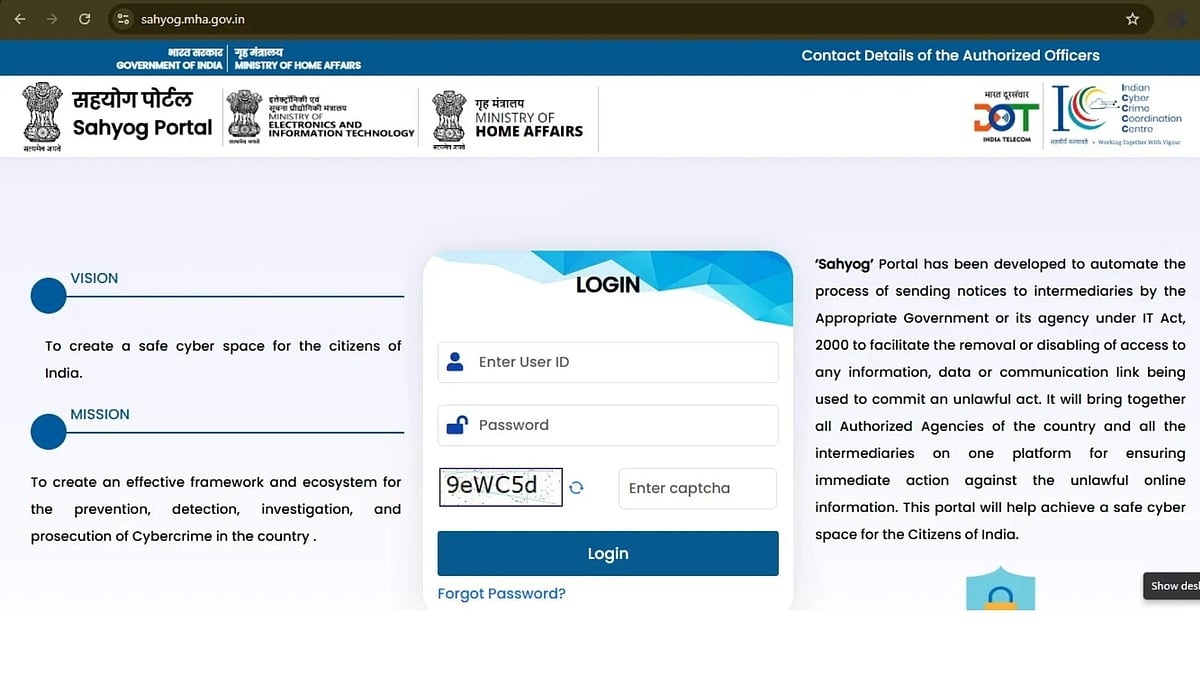
A screengrab of the official website.
As per the official site, it provides a "centralised mechanism" where authorised government agencies and platforms can work together to ensure the removal or disabling of "unlawful content". However, X argued that it creates a parallel, opaque censorship regime.
Unlike the structured process under Section 69A, which requires written justifications, review committees, and accountability, Sahyog enables direct orders without judicial or parliamentary scrutiny.
What does the Karnataka High Court ruling say?
Justice M Nagaprasanna, who delivered the judgment, made it clear that Article 19 rights cannot be extended to foreign entities. He observed that just as an Indian company without a presence in the United States could not challenge US laws, a foreign intermediary "faceless in the nation" cannot invoke Article 19 in India.
It further rejected X's attempt to anchor its case in Articles 14 and 21, saying that statutory grievances cannot be projected through Article 19, which is limited to citizens.
Here are other key findings from the ruling:
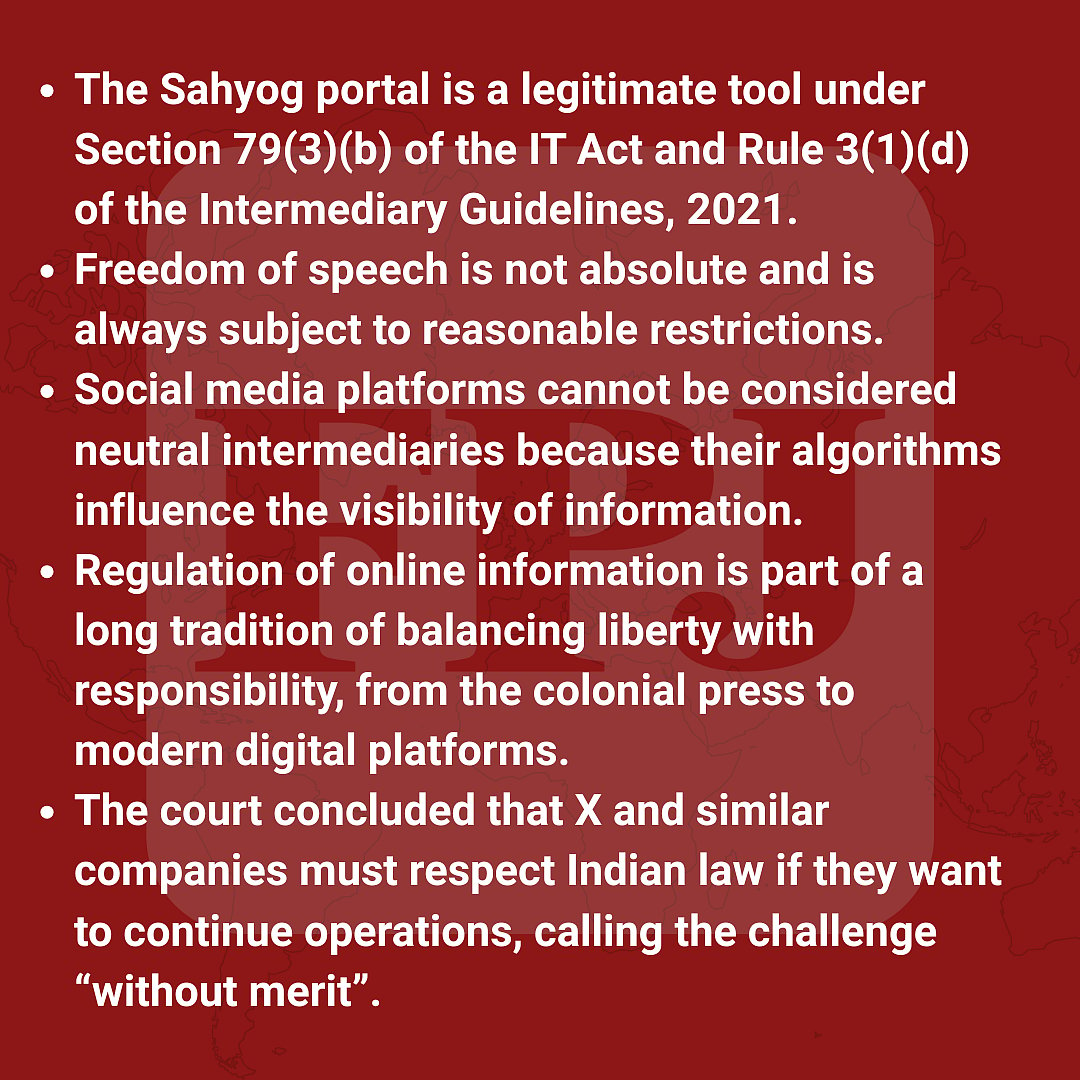
However, the ruling sidesteps the heart of the issue: whether Sahyog violates the rights of Indian users by bypassing the safeguards built into Section 69A and the Constitution.
What does Section 69A of the IT Act say?
Section 69A of the IT Act, 2000 gives the central government, or authorised officers the power to block public access to online content under limited grounds such as sovereignty, security, or public order — BUT only after recording reasons in writing. The 2009 Blocking Rules were specifically designed to ensure due process and checks on arbitrary censorship.

Image generated by AI.
The Supreme Court upheld the section’s constitutionality in the Shreya Singhal case because of these safeguards, emphasising that blocking cannot be secretive or limitless.
X contends that Sahyog nullifies these protections by creating a separate channel where authorities can issue takedowns without accountability.
What does X Corp's global law enforcement policy say?
X already has a structured global policy for law enforcement requests. As per the same:
- User data is only released against valid legal processes like court orders.
- Search warrants are required to access content of communications.
- Preservation requests allow data to be frozen temporarily pending due process.
- Emergency disclosures are only made in life-threatening cases.
The company said Sahyog circumvents this established framework by allowing the government to demand takedowns outside of recognised legal procedures.
As per Article 19(1)(a), whose rights are at stake?
While the Karnataka HC said X cannot invoke Article 19, the company argued that this misses the point. The real issue, it says, is not whether a foreign firm can claim rights, but whether "Indian citizens’ rights are being trampled" by a system that bypasses constitutional safeguards.
Article 19(1)(a) guarantees Indians the right to free speech and expression in every form, ie, spoken, written, digital, and symbolic. Restrictions under Article 19(2) must be reasonable, narrowly defined, and proportionate. X contends that Sahyog violates these principles by creating blanket powers without checks, directly threatening the rights of millions of Indian users.
Here's why X plans to appeal
X has confirmed that it will challenge the HC's ruling, arguing that the judgment ignores constitutional precedent, undermines Supreme Court rulings, and gives the government unrestricted censorship powers through Sahyog. The company pointed out that the Bombay HC recently struck down a similar mechanism as unconstitutional, underscoring the inconsistency in judicial approaches.
For X, the stakes go beyond its own operations. The company insists it is fighting to protect Indian users’ fundamental rights, rights that the Karnataka High Court’s order, if left unchallenged, could render meaningless in the digital age.
